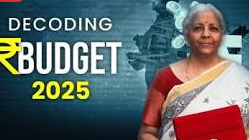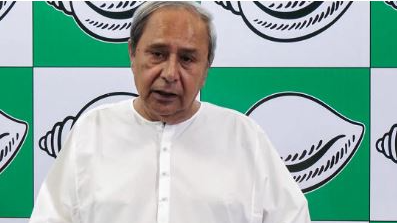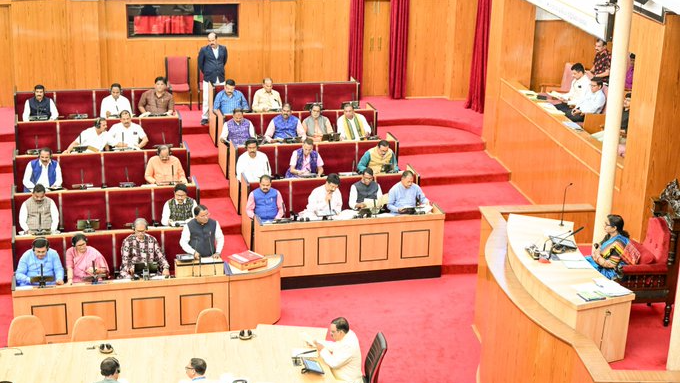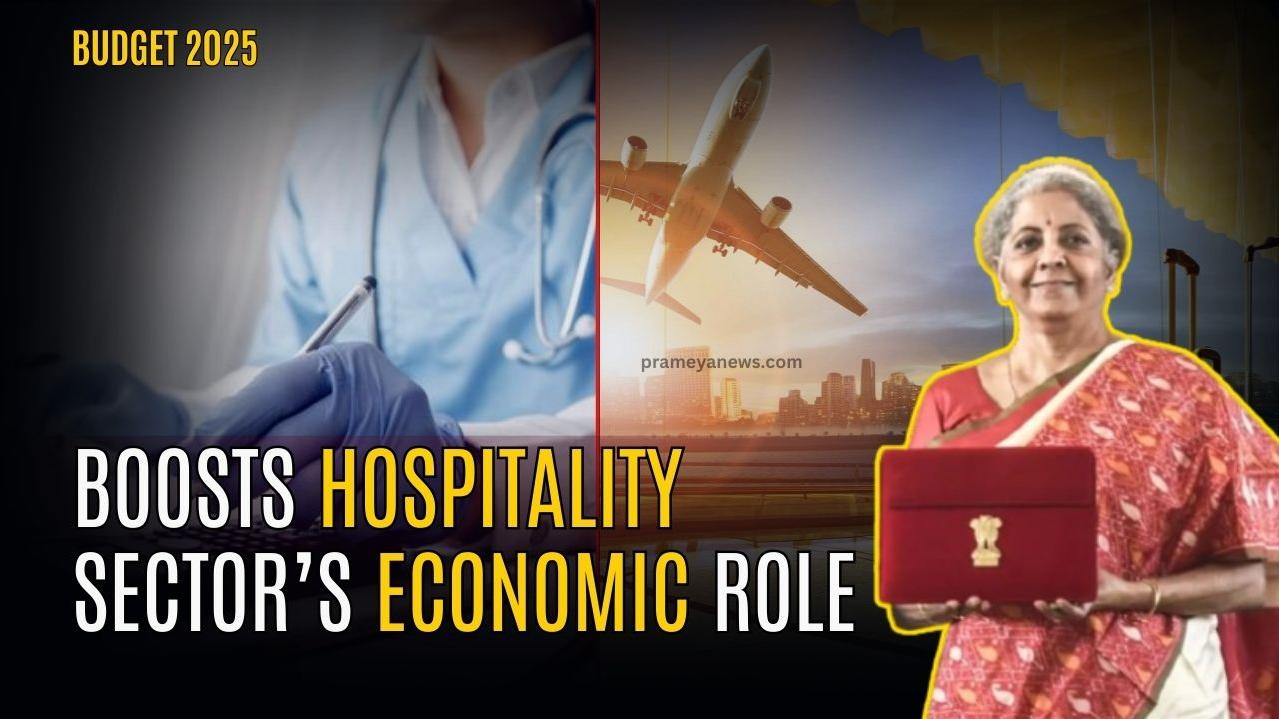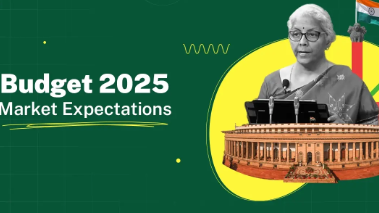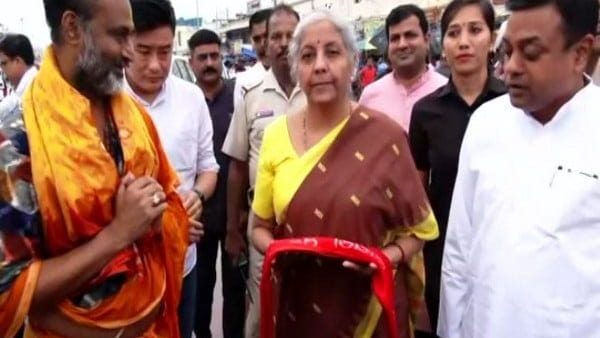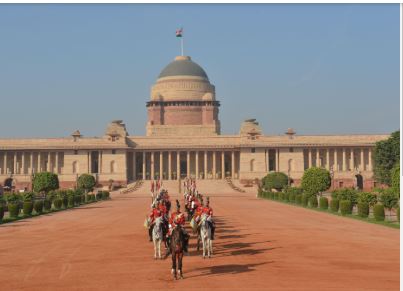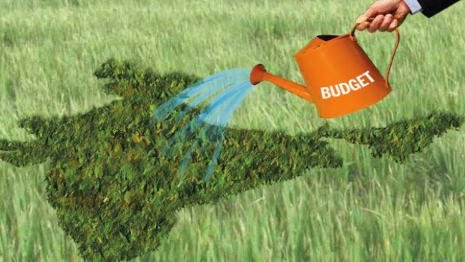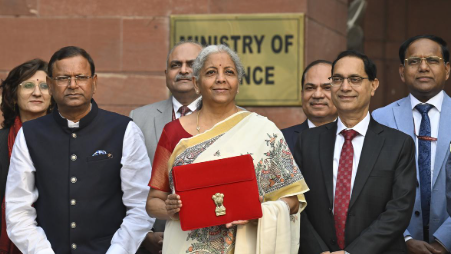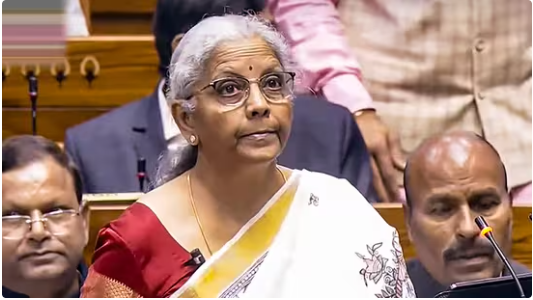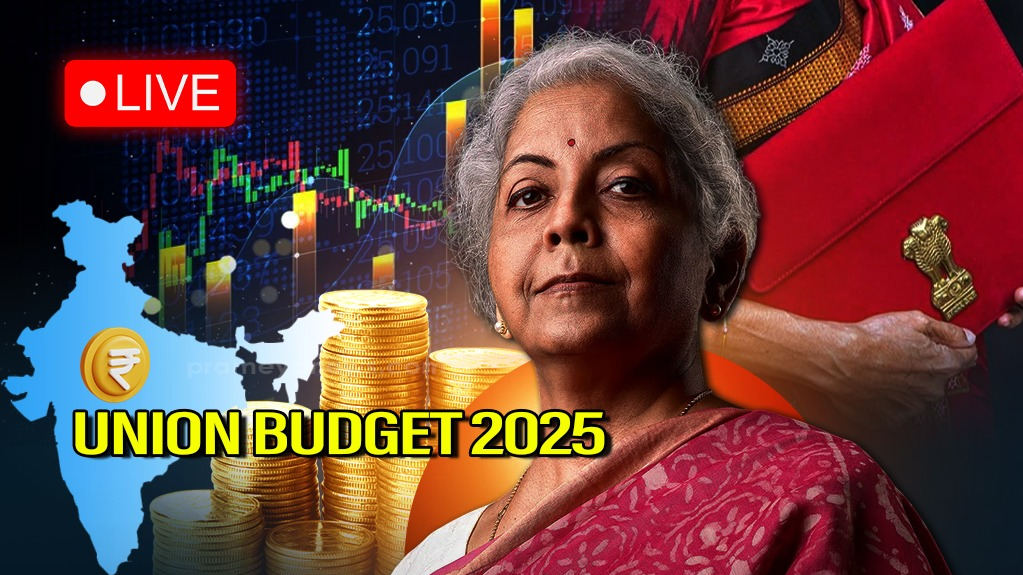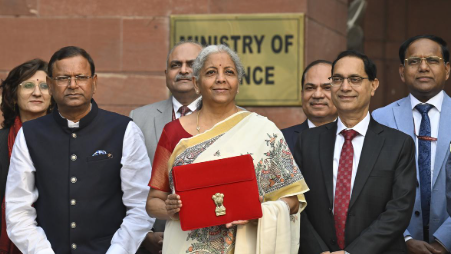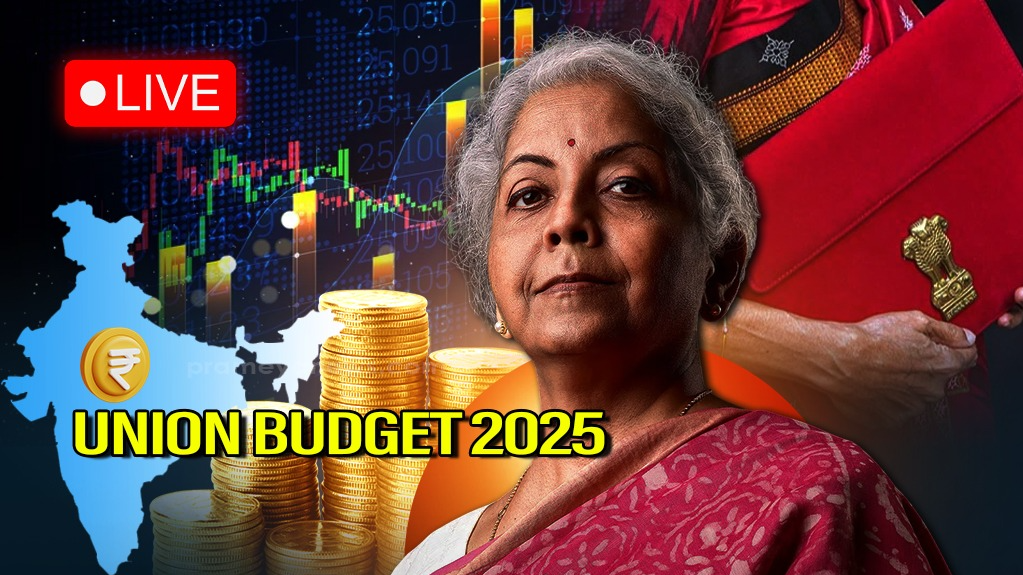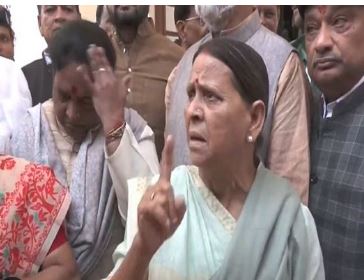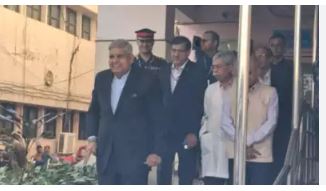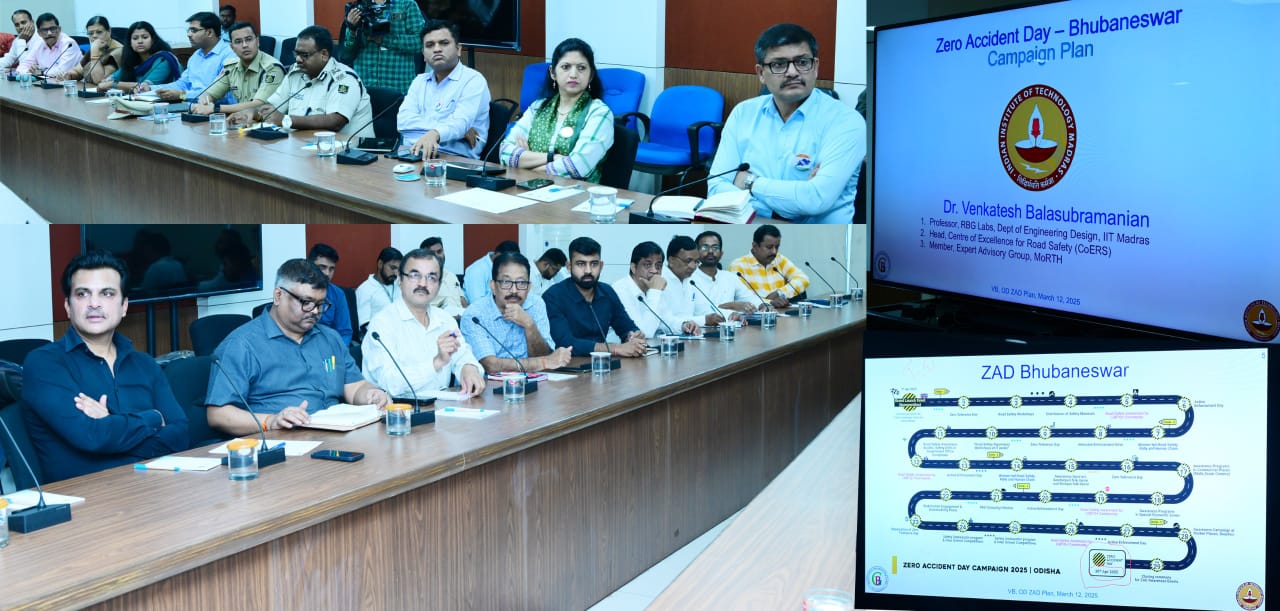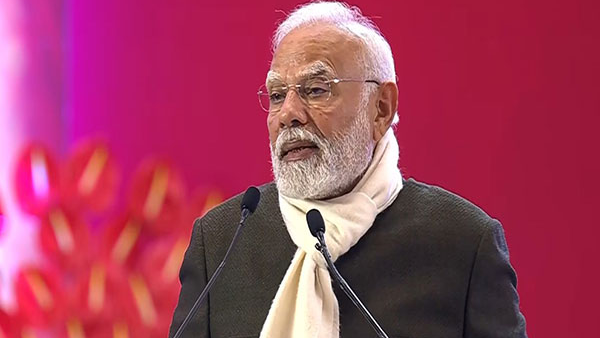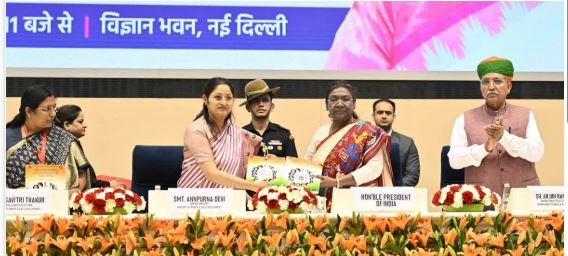New Delhi: In a comprehensive analysis of India's 2025 budget, significant shifts in both revenue generation and expenditure allocation reveal the government's fiscal priorities and economic strategy. This detailed breakdown examines how the government plans to generate its income and distribute resources across various sectors.
Revenue Sources: Where the Money Comes From
The government's revenue structure for 2025 shows interesting shifts from the previous year, with some notable changes in key areas:
- Borrowings and Liabilities (24%)
- Remains the largest source of government funds
- Shows a strategic reduction from previous year's 27%
- Indicates efforts to reduce dependence on borrowed funds
- Reflects improved fiscal management strategies
- Income Tax (22%)
- Emerges as the second-largest revenue source
- Significant increase from last year's 19%
- Suggests improved tax compliance and collection efficiency
- Reflects growing formal sector employment and income levels
- GST and Other Taxes (18%)
- Maintains stable contribution from previous year
- Demonstrates consistency in indirect tax collection
- Indicates maturity of GST implementation
- Provides steady revenue stream for government operations
- Corporation Tax (17%)
- Represents significant corporate sector contribution
- Reflects business activity and profitability
- Provides substantial support to government finances
- Shows robust corporate tax compliance
- Other Revenue Sources
- Non-Tax Revenue
- Union Excise Duties
- Customs Duties
- Non-Debt Capital Receipts
Expenditure Allocation: How the Money is Spent
The government's spending pattern reveals its priorities and commitments across various sectors:
- State's Share of Taxes and Duties (22%)
- Largest expenditure component
- Increase from previous year's 21%
- Strengthens federal structure
- Supports state-level development initiatives
- Interest Payments (20%)
- Second-largest expenditure
- Services previous borrowings
- Critical for maintaining credit rating
- Affects future borrowing capacity
- Central Sector Schemes (16%)
- Significant allocation for direct central projects
- Focuses on national development priorities
- Supports key infrastructure initiatives
- Drives social welfare programs
- Finance Commission Transfers (8%)
- Ensures equitable resource distribution
- Supports state-specific needs
- Implements Finance Commission recommendations
- Strengthens federal fiscal relations
- Defence Spending (8%)
- Maintains national security preparedness
- Covers military modernization
- Includes personnel costs
- Ensures strategic readiness
- Centrally Sponsored Schemes (8%)
- Supports center-state partnership projects
- Focuses on shared development goals
- Promotes cooperative federalism
- Addresses regional development needs
- Other Miscellaneous Expenses (8%)
- Covers diverse administrative costs
- Includes emergency funds
- Manages unforeseen expenditures
- Supports routine government operations
- Subsidies (6%)
- Provides essential support for vulnerable sections
- Covers food, fuel, and fertilizer subsidies
- Ensures social welfare
- Helps control inflation impact
- Pensions (4%)
- Supports retired government employees
- Ensures social security
- Maintains commitment to public servants
- Reflects long-term fiscal obligations
Analysis and Implications
The 2025 budget structure reveals several key trends:
- Reduced dependence on borrowings indicates improved fiscal health
- Increased income tax share suggests better tax compliance
- Stable GST contribution shows tax regime maturity
- Balanced allocation between development and welfare needs
- Strong focus on state support and federal cooperation
This budget framework demonstrates the government's effort to balance fiscal prudence with development needs while maintaining social welfare commitments. The reduction in borrowings coupled with increased tax revenues suggests improving fiscal management, while the expenditure pattern reflects a commitment to both growth and equity.






